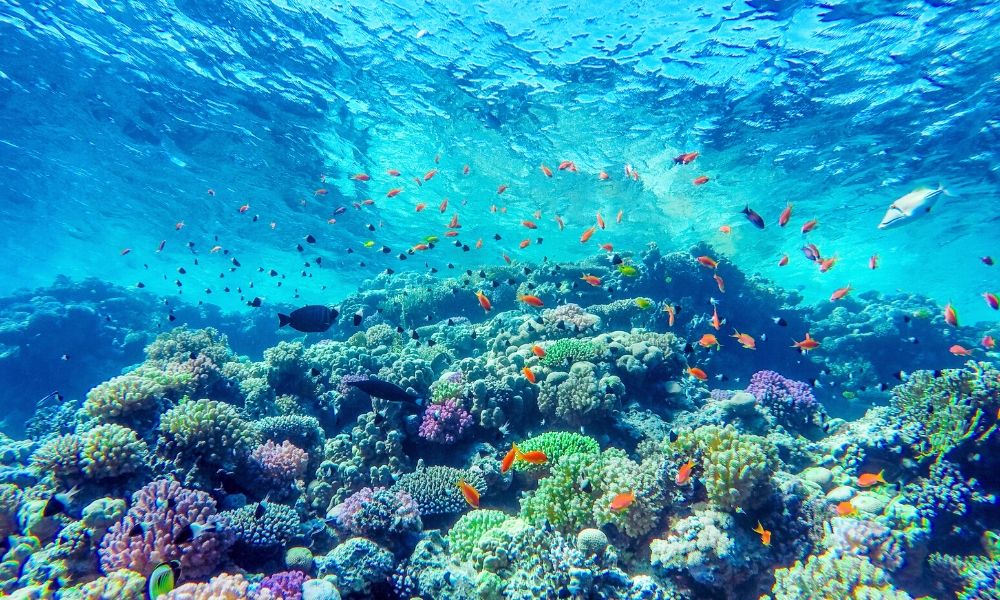It’s no secret that our ocean’s coral reefs offer some of the most beautiful sights one can find on Earth. In fact, it’s their beauty that keeps people wanting to see more—even going so far as to acquire them for their personal collections. These acts, however, are slowly killing coral reefs, and it’s important that individuals recognize the other purposes these mystical lifeforms have. These are some of the reasons the coral reefs are important and how some can take steps to protect them.
Coastline Protection
Though some species of coral reside in deeper waters, most coral reefs make their home along shallow coastlines. Their rough and jagged appearances work well to trap water and cushion the unsuspecting coasts from harsh waves. Absorbing energy from these waves, corals assist in lessening the potential damage from storms and costal erosion.
Nutrient Recycling
Feeding on solar energy and releasing carbon dioxide into the water around them, corals act as a filter that pushes various nutrients through the environment. This helps maintain the PH of the local waters and ensures that it isn’t too acidic for younger fish to survive. The nutrient recycling process also continuously resupplies the water with these substances, making corals a key part of the ecosystem.
Source of Food and Shelter
The nutrients they produce and circulate through the waters also act as food sources for various marine life. This includes a plethora of juvenile fish and a diverse list of smaller fish species. These fish rely on the coral to supply them with food and shelter, and we, in turn, catch these fish to sustain ourselves.
Economic and Medical Advancements
Believe it or not, the coral reefs even have an impact on our economic state and medical advancements. For instance, the chemicals corals release to defend themselves can aid in the discovery of new medications and treatments. The continued tourist interest in the reefs also helps circulate profit through various coastal regions.
Coral reefs are more than just pretty rocks; they’re a lifeform that offers so much to the world. As such, many individuals are turning to the practice of aquaculture to better preserve them in the wild. This process allows us to gather and maintain the coral we need for our studies while preserving the original donors out in the wild. Through this we can continue what we seek to gain from corals and ensure that they remain for generations to come.









